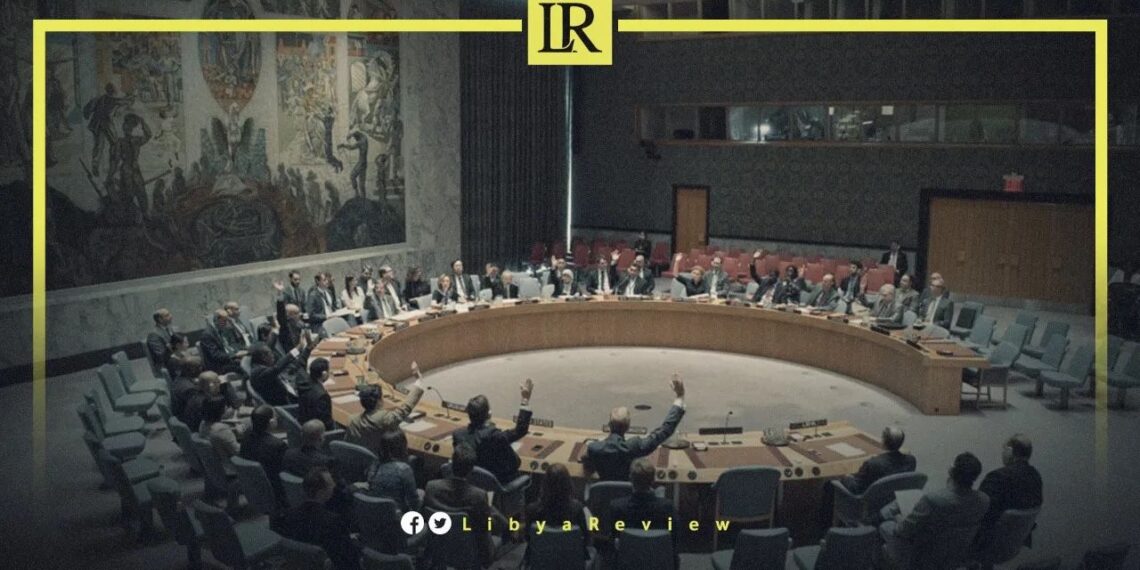The United Nations Security Council reaffirmed its commitment to a comprehensive political process in Libya, led by Libyans and facilitated by the United Nations, based on recently agreed-upon electoral laws by the 6+6 committee. This political pathway is aimed at enabling the conduct of “free, fair, transparent, and inclusive presidential and parliamentary elections across Libya as soon as possible.”
The Council also reiterated its robust support for the UN Secretary-General’s Special Representative in Libya and the Head of the United Nations Support Mission in Libya (UNSMIL), Abdoulaye Bathily, praising his role in mediation and goodwill efforts to bolster the peace process.
Highlighting the necessity of an inclusive political process aligned with relevant Security Council resolutions, the Libyan Political Agreement, the roadmap of the Libyan Political Dialogue Forum, and the updated electoral laws approved by the 6+6 committee, the Council called upon the international community to fully support the Special Representative and UNSMIL in executing their mandates.
Members of the Council underscored their support for Bathily’s efforts to convene meetings with relevant Libyan stakeholders to advance towards the goal of conducting nationwide elections that are free, fair, transparent, and inclusive at the earliest.
The statement also emphasized the importance of ensuring full, equal, meaningful, and safe participation of women at all levels of the political process. It called on all key stakeholders to engage fully with the Special Representative in good faith, without preconditions, and to make necessary compromises to propel the country towards elections.
The Council stressed the significance of making tangible progress on security, economic, political, international humanitarian law, and human rights tracks. It also highlighted the need for a safe environment for civil society organizations to operate freely and be protected from threats and retaliatory actions.
Warning against any threats to Libya’s peace, stability, or security, including election interference, the Security Council cautioned that such individuals or entities could face UN sanctions.
Underscoring the importance of a comprehensive reconciliation process based on transitional justice and accountability principles, the Council welcomed the Presidential Council’s efforts to initiate a national reconciliation process, supported by the African Union, including facilitating a national reconciliation conference scheduled for April 28 in Sirte.
The Council reiterated its strong support for Libya’s sovereignty, independence, territorial integrity, and national unity, calling for the withdrawal of all foreign forces, fighters, and mercenaries from Libya in accordance with the ceasefire agreement signed on October 23, 2020, and Security Council resolutions 2701 (2023) and 2702 (2023).
In conclusion, the Council expressed concern over escalating tensions in Libya, including the proliferation of armed militias, emphasizing that the successful completion of the political transition offers the best opportunity for peace, stability, and security for the Libyan people.


